If I start writing, will you stop poking me in the middle of the night?
I get it. That will sound dirty to some. I promise you, it’s the furthest thing from it.
As a writer, I know full well that inspiration for projects comes at all times. Day. Night. Middle of a business meeting. While your significant other is trying to tell you something. Sometimes it’s not even a project you want to take on. It’s hard not to listen. And get lost. If I’m ever talking to you and, mid-conversation, I seem to zone out, I do apologize. It’s not my fault. Honest.
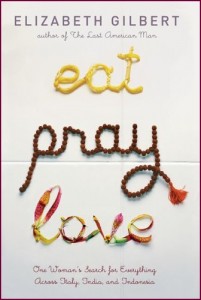 In her TEDTALK, Elizabeth Gilbert (author of the best-seller Eat Pray Love) addresses the double-edge blade of creative inspiration. “Not just writers, but creative people across all genres, it seems, have this reputation for being enormously mentally unstable,” she says. Because she wants to continue doing what she loves, writing, she asks the question of how one can do this, without becoming looney-tunes certified, destroyed by the creativity inside.
In her TEDTALK, Elizabeth Gilbert (author of the best-seller Eat Pray Love) addresses the double-edge blade of creative inspiration. “Not just writers, but creative people across all genres, it seems, have this reputation for being enormously mentally unstable,” she says. Because she wants to continue doing what she loves, writing, she asks the question of how one can do this, without becoming looney-tunes certified, destroyed by the creativity inside.
Her research takes her first to the Greeks, and their concept of the daemon, and then to the Romans, who named this creativity the “genius”–not a clever person we think of today when we hear the word, but an outside source of inspiration. “They believed that a genius was this, sort of magical divine entity, who was believed to literally live in the walls of an artist’s studio,” she says. “Kind of like Dobby the house elf, and who would come out and sort of invisibly assist the artist with their work and would shape the outcome of that work.”
This distance from creative responsibility gave artists a healthier relationship with the process of their art. Their successes, and failures, were not solely on their shoulders. The burden of being an artist was lighter. There was still work to do, but they thought of themselves as the captain of the ship, rather than the God of the waters. The job was daunting, but not sanity-obliterating.
It’s a comforting thought. I would much rather be the writer who gives voice to the stories that are whispered in my ear by this genius, than the writer who accepts the burden of playing magician, to conjure genius works in the first place.
But, sometimes it would be nice to control WHEN that whisper of inspiration decides to invade my mind. Like, say, NOT at 7am on a Saturday morning of a long weekend when all I want to do is sleep-in because it’s the one morning I don’t HAVE to be up.
Alas, one can only ignore Dobby the house elf for so long.
I awoke early this morning, after a fitful sleep where I tried to ignore my whirring mind that was drowning in the ideas I scrawled down yesterday, after work: an outline for my next novel. It’s ambitious. I’m nervous. But it’s nice to know I’m not truly alone when I sit down at the blank page. Maybe, just maybe, that genius is looking over my shoulder as I write the prologue.
So, yes, I have started writing. Genius, art thou satisfied? Perhaps you can stop jabbing me in the ribs at the crack of dawn? By which, of course, I mean please do continue. I will need all the poking and prodding I can get. But at least tell me where your snooze button is.
Watch the video and read the transcript here: http://ented.babblebuzz.com/elizabeth-gilbert-your-elusive-creative-genius/

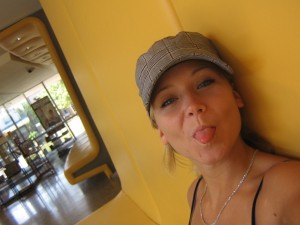
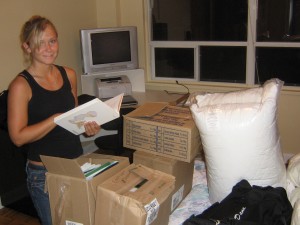


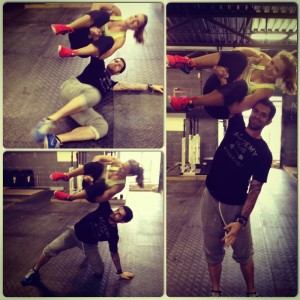
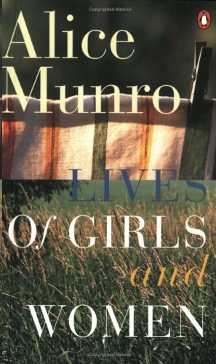
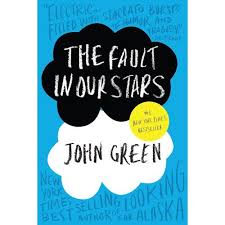
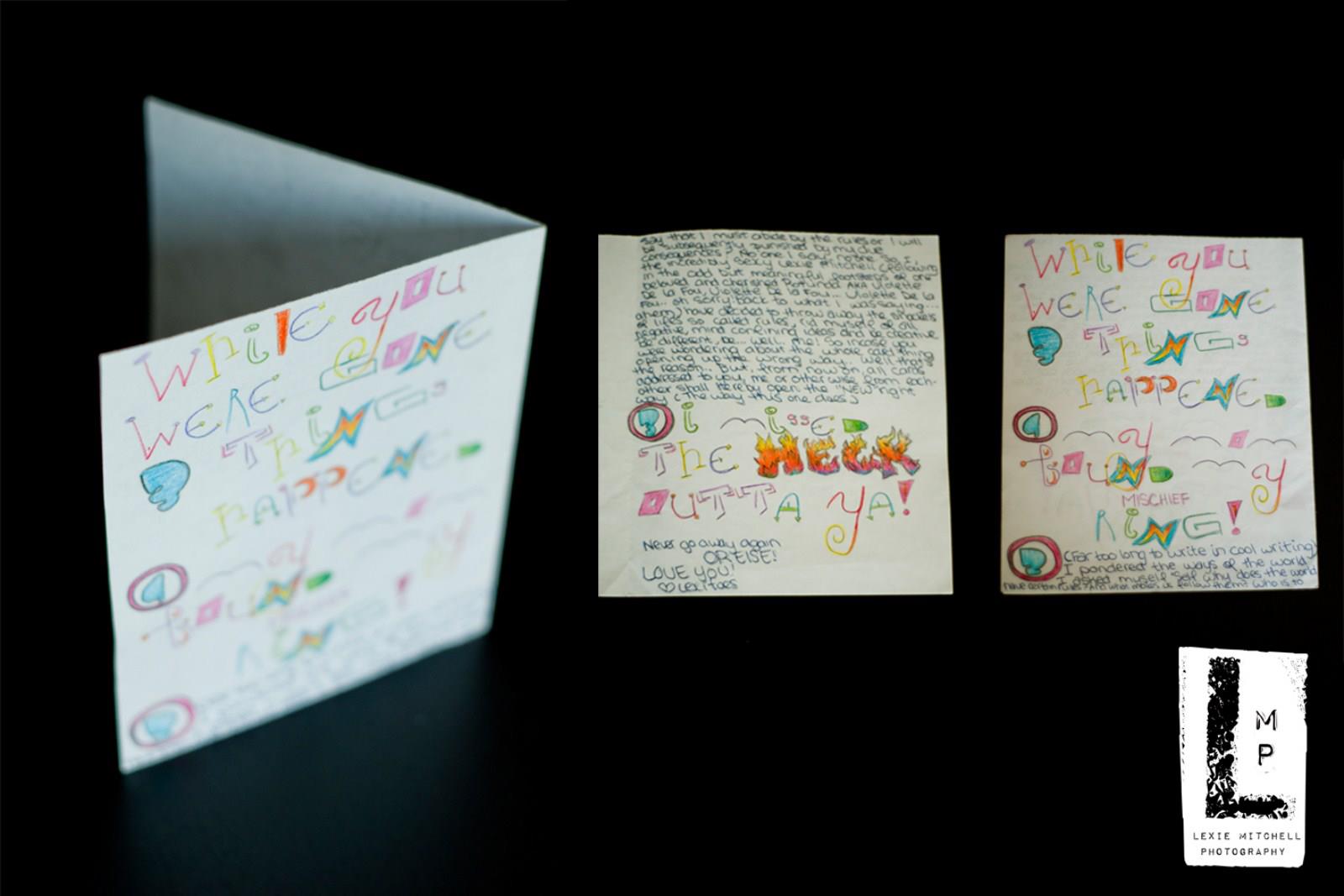
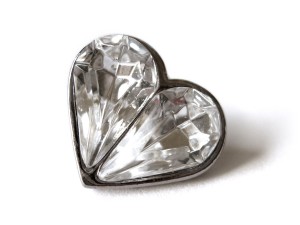
 My close friends and family know about this one all too well and sometimes like to torture me with it. I have looked after my nieces and nephew many times, so I am completely okay with tending to the “messier” parts of life (although, “Can you wipe my bum?” still gives me reason to pause). I’ve also cared for
My close friends and family know about this one all too well and sometimes like to torture me with it. I have looked after my nieces and nephew many times, so I am completely okay with tending to the “messier” parts of life (although, “Can you wipe my bum?” still gives me reason to pause). I’ve also cared for



